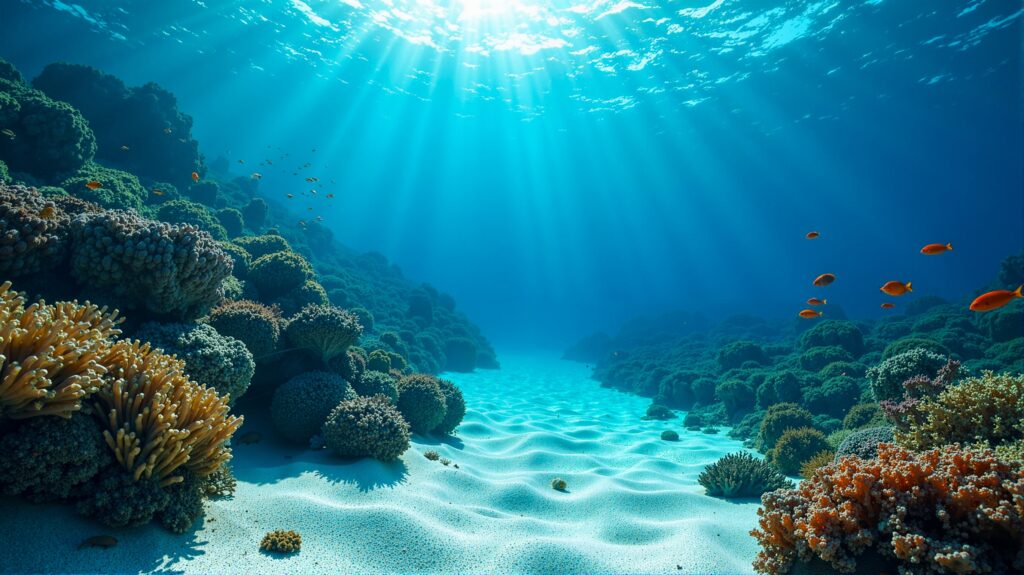The world’s oceans have failed a planetary health check for the first time, with scientists warning that rising acidity now threatens marine life.
The 2025 Planetary Health Check from the Potsdam Institute for Climate Impact Research found ocean acidity has crossed a critical boundary, making it the seventh of nine planetary limits to be breached. Researchers linked the crisis to the burning of fossil fuels, deforestation, and other human-driven pressures.
Oceans cover 71% of Earth’s surface and help stabilise the climate, but the report says their vital role is under threat. Since the industrial era, surface pH has dropped by about 0.1 units – a 30-40% increase in acidity – pushing ecosystems beyond safe limits. Cold-water corals, tropical reefs, and Arctic species face the greatest risks.
The process begins when carbon dioxide from coal, oil, and gas dissolves in seawater, forming carbonic acid. This reduces calcium carbonate, which organisms such as molluscs, clams, and corals need for shells and skeletons. The impacts ripple up the food chain, affecting salmon, whales, and human food security.
Scientists warn that acidification could weaken oceans’ ability to absorb heat and capture 25-30% of atmospheric carbon dioxide. Levke Caesar, co-lead of the Planetary Boundaries Science Lab, said the findings were deeply troubling: “When I allow myself to connect to it emotionally, then I am afraid. This really scares me.”
The report urged urgent cuts to fossil fuel use, better pollution controls, and stronger fisheries management. Researchers noted that past international action, such as the Montreal protocol to protect the ozone layer, shows recovery is possible.
Johan Rockström, the institute’s director, said: “We are witnessing widespread decline in the health of our planet. But this is not inevitable. The window of cure is still open. Failure is a choice that must and can be avoided.”



